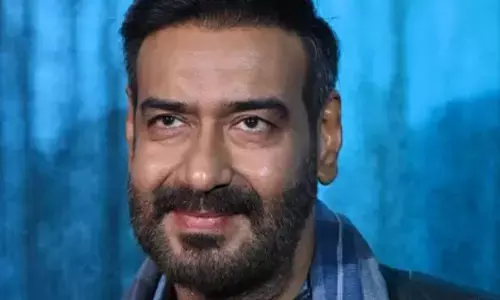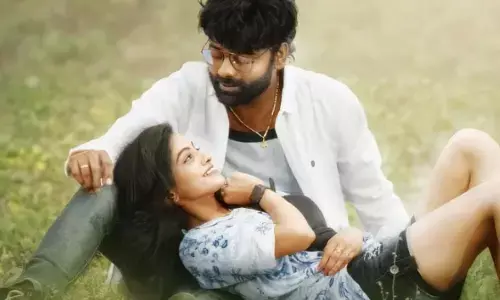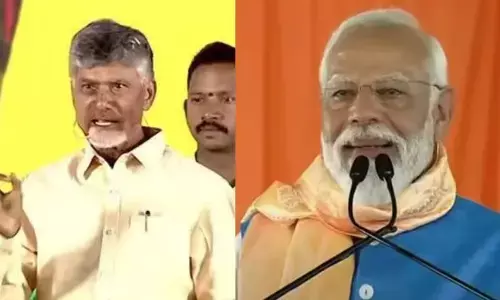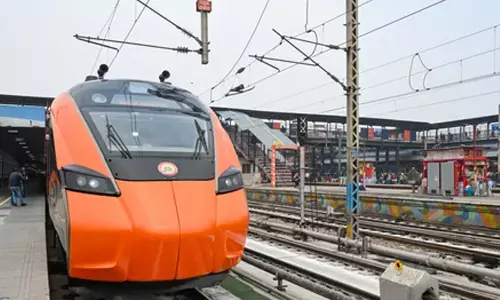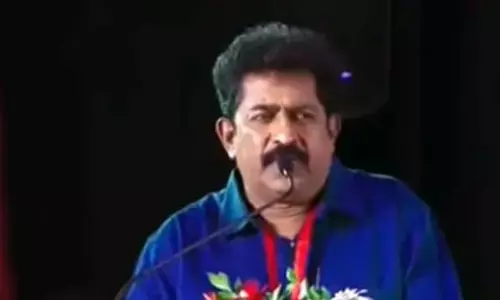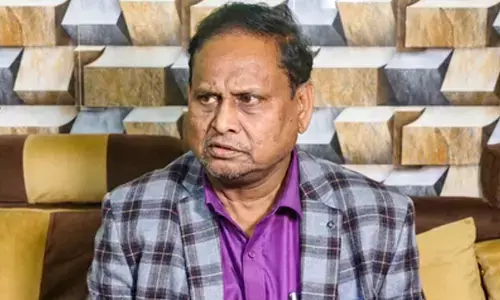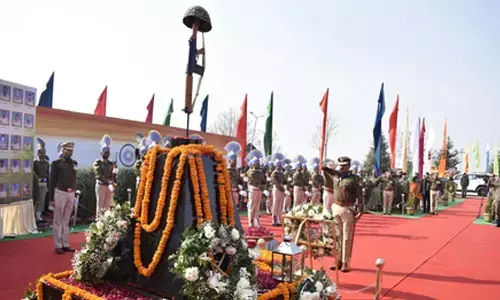India’s Rohingya refugees struggle with hatred, fear as first group is expelled
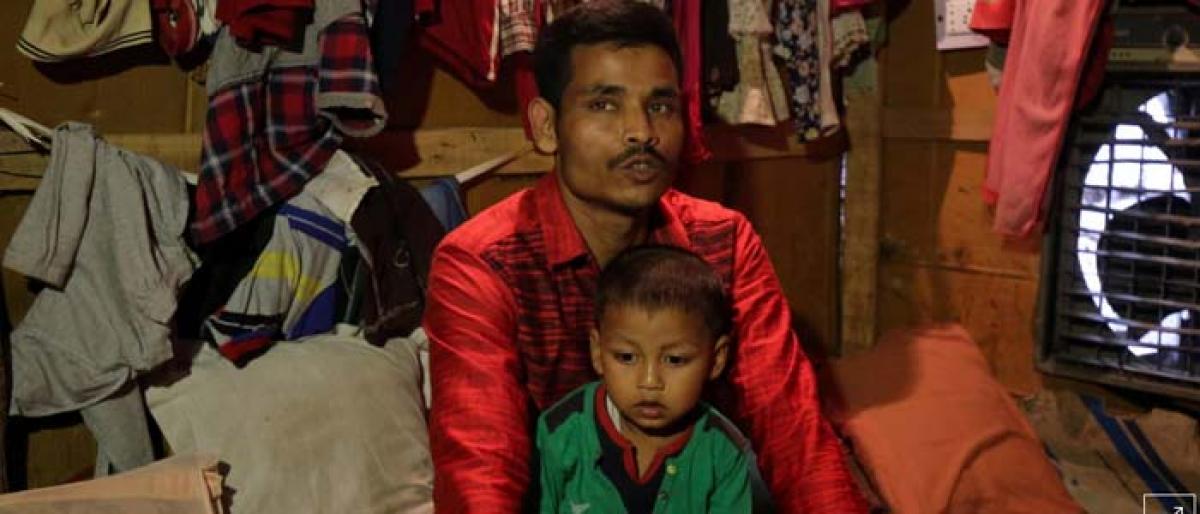
Hours after Indian TV channels flashed that the country was deporting seven Rohingya Muslims to Myanmar, Sahidullah said he received a call from his nephew Uncle, please get us out of here They will send us back too
Jammu: Hours after Indian TV channels flashed that the country was deporting seven Rohingya Muslims to Myanmar, Sahidullah said he received a call from his nephew: “Uncle, please get us out of here. They will send us back too.”
Sahidullah, a Rohingya living in the far north of India after fleeing what he called persecution in Buddhist-majority Myanmar in 2010, said his relative, Sadiur Rahman, 40, was lodged in one of several detention centres for illegal immigrants in the distant northeastern state of Assam.
Rahman, he said, had been incarcerated with his brother and eight other relatives since being caught in 2012 at a railway station as they fled to India via Bangladesh. Sahidullah had taken the same route two years earlier, but like many others had escaped detection.
He said Rahman made the phone call when he was taken out for a routine medical checkup on Oct. 3, the day when India moved the seven Rohingya men out of a similar detention centre and took them to the border.
They were handed to the Myanmar authorities the next day, the first ever such deportations of Rohingya here, spreading panic among an estimated 40,000 refugees who have fled to India from its neighbour.
About 16,500 of the refugees, including Sahidullah, have been issued identity cards by the United Nations High Commissioner for Refugees (UNHCR) that it says helps them “prevent harassment, arbitrary arrests, detention and deportation”.
India says it does not recognise the cards and has rejected the UN’s stand that deporting the Rohingya violates the principle of refoulement – sending back refugees to a place where they face danger.
“Anyone who has entered the country without a valid legal permit is considered illegal,” said A. Bharat Bhushan Babu, a spokesman for the Ministry of Home Affairs. “As per the law, anyone illegal will have to be sent back. As per law they will be repatriated.”
In recent days, Reuters interviewed dozens of Rohingya in two settlements, one in the northern city of Jammu and a smaller one in the capital, Delhi, and found communities who feel they are being increasingly vilified.
Many now fear Prime Minister Narendra Modi’s Hindu nationalist government is about to act on its stated position – that it wants to deport all Rohingya Muslims from the country. With a general election due by next May, they worry that targeting them will be a populist tactic used by Modi and his allies.
HATRED GROWING
Sahidullah – who like many Rohingya goes by only one name - is not just worried about his detained relatives but also his family living in a mainly Hindu region of India’s only Muslim-dominated state, Jammu & Kashmir, in the country’s northern tip.
The restive Himalayan state that borders Pakistan and is home to Muslim separatists battling Indian rule, has the biggest population of Rohingya in the country with around 7,000 people scattered in various makeshift settlements, largely in the Jammu region.
“We came to India because people told us things were better here, there’s more work and one could move freely unlike back home,” said Sahidullah, who works as a cleaner at a car showroom in Jammu city to support his aging amnesiac mother, wife and four children.
“All that’s true and we are thankful to India for letting us live here. But hatred against us is growing,” he told Reuters as he sat on a colourful linen sheet laid on the floor of his self-made wood and plastic-sheet house built on a rented plot of land.
Mohammed Arfaat, a 24-year-old Rohingya youth leader in Jammu, said that locals often accuse them of having links with militants without any proof.
“They want us out of here and that has got our families worried,” said Arfaat, switching between English and Hindi as nearly a dozen community elders seated around him on the rough concrete floor of a Rohingya house started leaving for Friday prayers. “Everybody here is aware of the deportation and is afraid.”
Indian authorities said that the repatriation of the seven was a routine procedure and that it sends all illegal foreigners back home.
But the UNHCR voiced deep concern on Friday about the safety and security of those expelled, saying they had been denied access to legal counsel and a chance to have their asylum claims assessed.
“Current conditions in Myanmar’s Rakhine state are not conducive for safe, dignified and sustainable return of stateless Rohingya refugees,” said UNHCR spokesman Andrej Mahecic.
Most Rohingya used to live in Rakhine.
In August last year, attacks by Rohingya fighters on security posts in Rakhine led to a bloody military crackdown that caused around 700,000 Rohingya to flee across the border to Bangladesh.
The United Nations has accused Myanmar of acting against the Rohingya with “genocidal intent,” a charge Myanmar refutes, saying its military did not use excessive force and was reacting to militant attacks.
INCREASINGLY UGLY
The atmosphere facing the Rohingya in India has been getting increasingly ugly.
Jammu’s Chamber of Commerce & Industry last year threatened to launch an “identify and kill movement” against the settlers, which it said pushed the government into taking the issue of Rohingya more seriously.
The chamber’s president, Rakesh Gupta, told Reuters on Friday that there was nothing new in taking the law into one’s hands if “someone becomes a threat to our security, to the nation’s security, and the security forces don’t tackle them”.
In some of the more virulent parts of India’s media, the Rohingya are not only accused of being terrorists but also of trafficking in drugs and humans, and of having the money to elbow out local businesses.
The Pioneer newspaper, which supports Modi’s ruling Bharatiya Janata Party (BJP), said in an editorial on Saturday that “the Rohingya are a problem”, declaring that those that are radicalized Islamist extremists need to be dealt with ruthlessly and the rest are economic migrants that India cannot afford to help.
India, which considers itself a victim of Islamist militancy and is trying to boost economic ties with Myanmar to counter China, said late last year that it shared Myanmar’s concern about “extremist violence” by Rohingya militants.
India’s home ministry has told the Supreme Court that it had reports from security agencies and other authentic sources “indicating linkages of some of the unauthorised Rohingya immigrants with Pakistan-based terror organisations and similar organisations operating in other countries”.
“It’s definitely an election issue,” said Kavinder Gupta, a BJP legislator in Jammu & Kashmir and former deputy chief minister of the state.
“It’s our decision to throw them out keeping in mind the security situation of the state,” he told Reuters on the sidelines of a campaign meeting for municipal elections. “We have made the home ministry aware of the need to send them back to their country.”
Senior Jammu police officials said on condition of anonymity that they had identified all Rohingya in the area in preparation for their eventual deportation. They added they had not found any link of Rohingya with militants.
Around 600 km (370 miles) south of Jammu, residents of a makeshift refugee camp in Delhi’s Shaheen Bagh also said they fear deportation.
“We don’t want to leave India. Where will we go?” said Mohammed Harun, a 47-year-old Rohingya elder in Delhi. “There are refugees from other countries in India too. Why are we being targeted? Why do they send us to jail? It is only because we are Muslims. They don’t do this to the other refugees.”



